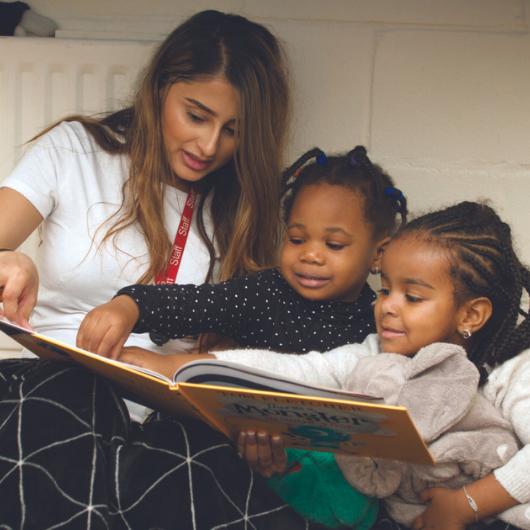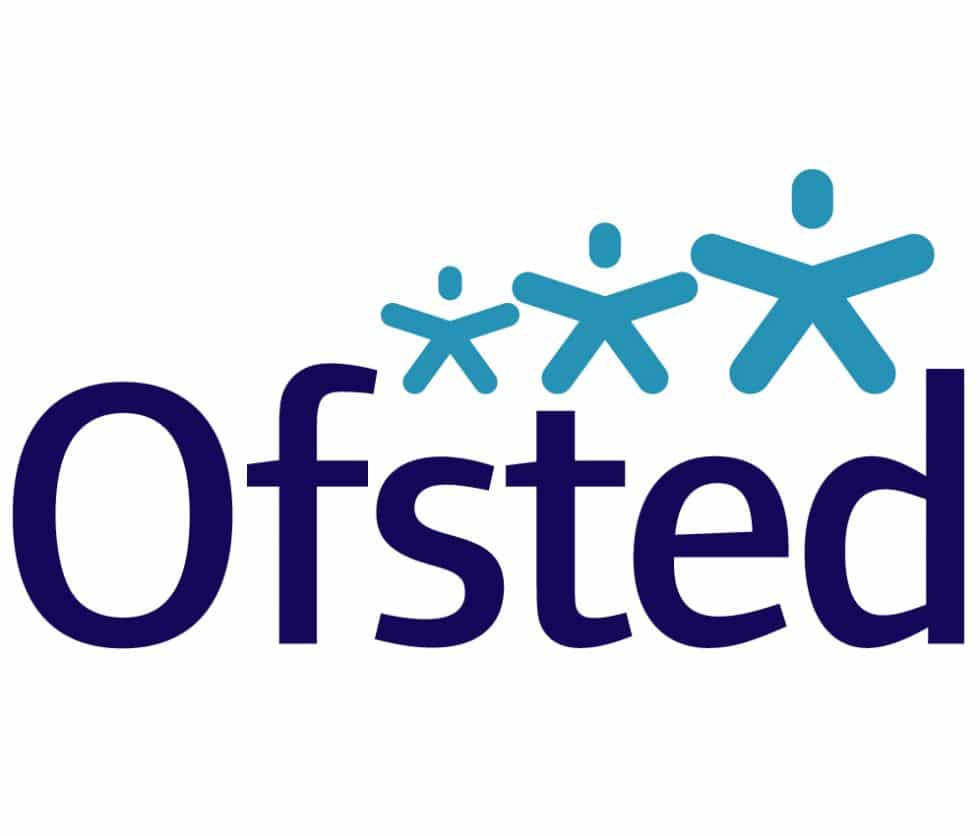
Words for Change
Launching the Reading Rights Summit in Liverpool Last week, Booktrust (where I proudly serve as a Trustee) hosted the Reading Rights Summit. We were joined by special guests, the…
December 9th 2019
Last week I went on a Pedajolly to Birmingham to the Nursery World Conference with two colleagues. Ben who leads the LEYF Training Academy and Jean who manages a super three times ‘Outstanding’ nursery in Bayswater.
For those who don’t know what a pedajolly is (so-called by Ben), it’s a trip away where you blend chat, play and fun with a lively conversation about all things pedagogy. We had plenty of time for that as we travelled on the commuter train across the country stopping at places with evocative names like Long Buckby and Chittenden. Jean wrote them down commenting on how the children would enjoy getting their tongues around such wonderful names. I began to see a big mapping project begin to take shape.
The conference was all about what pedagogy looks like in practice. At LEYF we describe it as how we lead the children to learn. To do that we need to fully understand how children develop and how they learn. That means being able to teach. The feeling at the conference was that not enough leaders in the sector know and understand this and therefore don’t guide and support staff appropriately. The consequence is that a lot of what happens for our smallest children is not based on informed pedagogy but directed by often ill-considered policy directives, a fixation on exam results and poor-quality training. One of the biggest negative impacts is on children’s right to play. In fact, I would go as far as suggesting that the science of play is being sacrificed because of our insecure knowledge of pedagogy.
One of the most insightful observations was that increasingly we are employing staff who cannot play and don’t know how to encourage the children to play yet it’s the basis of their teaching and learning. They are happy to set up and lead activities, to direct operations, to attend to the children’s routine needs but are uncomfortable letting the children play.
In a recent blog, I wrote for Scealta I referenced a similar attitude among parents who have replaced children playing with organised activities.
Those in attendance at the conference all agreed that play is an essential, non-trivial element of children’s development and our failure to let children play is very damaging to their mental well-being. We are removing their natural way of exploring and practising new skills, ideas and concepts on their terms. It’s not what children do when they finish their work, it is their work. If we are to be good Early Years teachers, we must embrace that small but powerful word both from a child’s perspective but also from our own.
We need to go on more pedajollys where we can have fun playing with ideas, extending our pedagogical conversations and deepening our mastery of the Early Years teaching role. If we are to advocate on behalf of so many children who are not having great Early Years education, we have to know our stuff!

Launching the Reading Rights Summit in Liverpool Last week, Booktrust (where I proudly serve as a Trustee) hosted the Reading Rights Summit. We were joined by special guests, the…

Ofsted has just published Report 2… …part of our series of subject-based curriculum research reviews. Do you remember the first one Best Start? This second…

Continuing with the Christmas Advent tradition, on day eleven of Christmas Advent 2019 let’s reflect on what the pedagogy looks like in practice? Read my recent post reflecting on pedagogy…